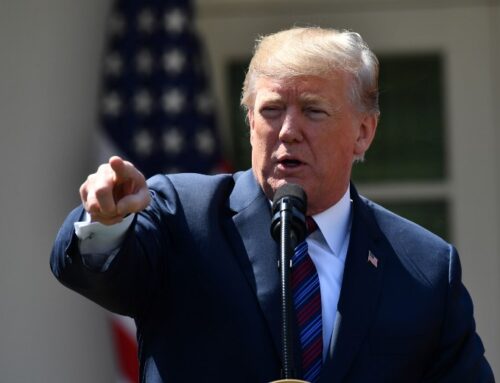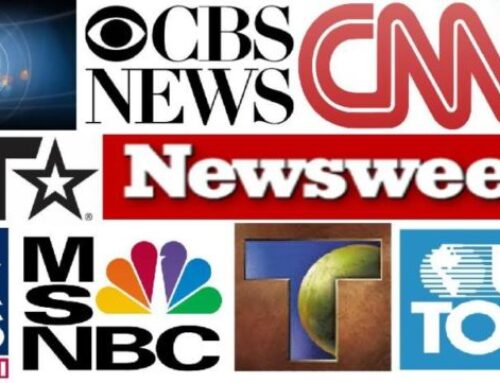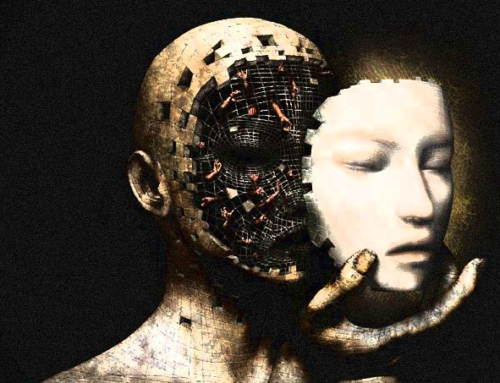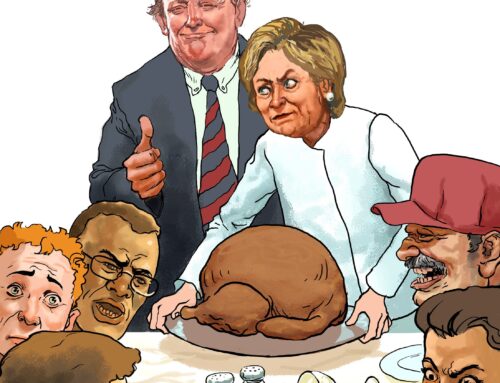Leadership, the Shadow, and Appealing to Our Angels
March 13, 2016
I was listening to CNN the other day, as they commented on the protests at the Donald Trump rally in Chicago. At one point, one of the pundits called out Trump to not incite our ‘demons’ of unrest and division, but rather appeal to the better ‘angels’ of our nature.
For some reason, the phrase stuck with me throughout the day, and I kept coming back to it. On the surface, it seemed reasonable enough. Isn’t it the job of a leader to call us to be our best selves? Shouldn’t our leaders inspire us toward all that is good, right, and true?
Perhaps. But as I wrestled with the comment, I had a nagging feeling that appealing to our ‘angels’ wasn’t the whole story. Instead, I wondered if, as a nation, we were trying to collectively suppress our shadow. When I started to think about it that way, I saw the protests and violence at the Trump rally in a different light. Our national shadow was coming out sideways.
The idea of the shadow was popularized by Carl Jung. The basic idea is that as we grow up and are socialized into a particular culture, we learn that some parts of ourselves are good and acceptable, and we try to show off those parts. Maybe it’s being smart, nice, religious, or a good boy or girl.
However, we also learn that other parts of ourselves are bad and unacceptable, and we try to hide those parts. Maybe it’s our anger, sadness, weakness, or sexuality.
If we try too hard to focus on the ‘good’ parts of ourselves and hide the ‘bad’ parts of ourselves, we become unbalanced. Generally this isn’t a sustainable position. Perhaps you have seen this in your own life. You might find yourself thinking or doing something terrible, that you didn’t think you were capable of before. Perhaps something happens, like a burst of violent anger, or an affair, and you didn’t see it coming. It might be your shadow coming out sideways.
Should the leaders of our nation try to help us suppress our demons and instead appeal to our angels? In the extreme, I think this stance is a national example of trying to repress our shadow. The more we try to suppress our shadow as a nation, the more it comes out sideways. Yes, our leaders should appeal to our angels and call us to be our best selves. But they should also encourage us to be open and honest about facing our demons. Only by honestly acknowledging and working through our racism, our struggles, our intolerance, our division, and our anger can we hope to move forward together and create a whole, peaceful future.
Discussion: Should leaders focus mainly on our ‘angels?’ What do you think about the role of our shadow as a nation?
Related Thoughts
No Comments
Leave A Comment

Subscribe To My Newsletter
Join my mailing list to receive the latest blog posts.
Receive my e-book “The Mental Health Toolkit” for free when you subscribe.






Josh, you are dead on. I was just talking about this the other day. This election is bringing out the shadows of our society on many issues like racism, immigration, poverty, the ones you mentioned. People are tired of the two-faced nice talk that politicians are notorious for. They are tired of seeing the angel speak while feeling the effects of the demons. So then they are attracted to strong, brutish movements like Trumpism, Black Lives Matter, and La Raza. For better or for worse, Trump seems like the only leader who can play successfully in this shadow world.